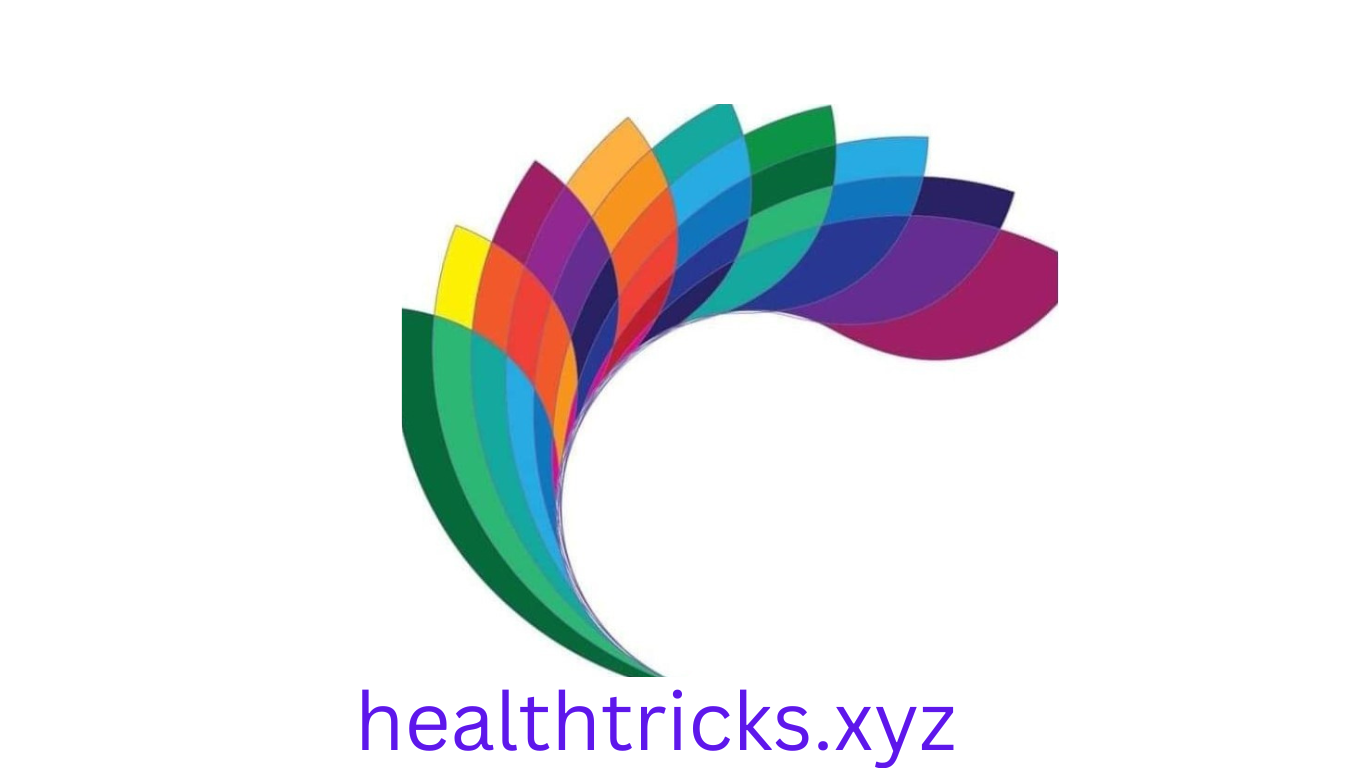The ever-evolving realm of health and wellness continues to unveil groundbreaking discoveries and innovative practices. This month, a confluence of emerging trends and scientific insights has taken center stage, promising to reshape the way we approach our health and fitness.
Recent studies have underscored the profound impact of physical activity on a myriad of health outcomes. Beyond its well-established role in weight management and cardiovascular health, regular exercise has been shown to enhance cognitive function, reduce stress, and lower the risk of chronic diseases. Whether it’s a brisk walk, a high-intensity workout, or a gentle yoga session, incorporating movement into your daily routine can yield substantial rewards.
The fitness industry, ever-innovative, continues to offer a diverse array of options to cater to different preferences and fitness goals. This month, functional fitness has gained significant traction, emphasizing practical strength and real-world movements. Additionally, there’s a renewed interest in holistic approaches to well-being, with practices like yoga and mindfulness
Nutrition science remains a dynamic field, with new research continually shedding light on the intricate relationship between diet and health. This month, experts have highlighted the importance of a balanced diet rich in whole foods, such as fruits, vegetables, lean proteins, and whole grains. While individual dietary needs may vary, prioritizing nutrient-dense foods forms the foundation of a healthy lifestyle.
In today’s fast-paced world, it’s crucial to address the multifaceted aspects of health. This month, there’s been a growing emphasis on mental health, sleep hygiene, and stress management. Prioritizing these elements can significantly enhance overall well-being and contribute to a more balanced and fulfilling life.
Frequently Asked Questions (FAQ)
- How much exercise should I aim for per week? While individual needs vary, most health organizations recommend at least 150 minutes of moderate-intensity or 75 minutes of vigorous-intensity exercise per week.
- What are effective strategies for maintaining motivation to exercise regularly? Finding enjoyable activities, setting realistic goals, tracking progress, and seeking support from friends or family can help sustain motivation.
- Are there specific diets suitable for everyone? While a one-size-fits-all approach doesn’t exist, a balanced diet rich in whole foods is a good starting point for most individuals. Consulting with a registered dietitian can provide personalized dietary advice.
- How can I manage stress and improve mental health? Incorporating stress-management techniques like yoga, meditation, or deep breathing can help reduce stress and promote mental well-being. Additionally, spending time in nature, ensuring adequate sleep, and fostering strong social connections can contribute to overall mental health.
Here’s an article draft based on your guidelines:
In the rapidly evolving world of health and wellness, staying informed is no easy feat. This month’s headlines are filled with compelling insights—innovations that redefine exercise and health, shifts in physical fitness trends, and even breakthroughs in health and beauty. But what does all of this mean for you? How will it impact the way you approach your health goals? Let’s unpack these developments and see how they influence everything from your local fitness center to your daily wellness routine.
1. The Surge in Physical Exercise Trends
This month, physical exercise took center stage with groundbreaking studies underscoring its vast benefits. One significant finding highlights how high-intensity interval training (HIIT) is transforming cardiovascular health. HIIT’s short, intense bursts not only maximize calorie burn but also enhance metabolic health—ideal for those with tight schedules looking to optimize results. These findings emphasize that you don’t need long gym hours; instead, quality over quantity is key.
At the local fitness center, many are adapting to meet the surge in demand for short but effective workouts. Small group HIIT sessions and personalized coaching programs are becoming more accessible. So, next time you’re at the gym, consider exploring a new workout class that aligns with this trend.
2. Health and Beauty: Where Fitness Meets Aesthetics
In recent news, there’s been a fascinating intersection of health and beauty, as research unveils how certain fitness routines enhance skin health. This month’s studies show that regular aerobic activity increases blood circulation, promoting a natural glow while reducing skin issues like acne and premature aging. The takeaway? Consistent physical exercise not only strengthens your body but also revitalizes your skin.
New beauty products focused on “post-workout skin care” have flooded the market, catering to those who want to maximize the health and beauty synergy. Experts recommend incorporating a gentle cleanser post-exercise to remove sweat and dirt, followed by a lightweight moisturizer. This emerging trend suggests that fitness and skincare routines can work together harmoniously for a holistic wellness approach.
3. How Physical Fitness Impacts Mental Health
The conversation around mental health continues to grow, and its connection with physical fitness is gaining recognition. Recent findings reveal that physical activity releases endorphins, improves sleep, and even bolsters cognitive functions. One study found that moderate exercise is as effective as antidepressants for some individuals battling mild to moderate depression, underscoring how essential it is for mental well-being.
For anyone struggling with motivation, this evidence serves as a reminder of the mind-body link. Physical fitness isn’t just about muscle tone; it’s a foundation for mental resilience and clarity. Next time you feel overwhelmed, a brisk walk or a yoga session might be just the boost your mind needs.
4. The Evolution of Fitness Centers
This month, fitness centers are embracing a tech-driven approach, as digital transformation reshapes how people work out. Fitness apps and virtual coaching have surged in popularity, allowing members to access expert guidance without needing to leave their homes. Some gyms are even integrating wearable tech, enabling you to track everything from heart rate to calorie burn with precision.
Beyond tech, fitness centers are increasingly offering community-oriented spaces, providing classes and social events to foster a sense of belonging. For those looking to enhance their wellness routine, these modern fitness hubs are a great place to explore diverse exercise options and engage with others on similar health journeys.
5. Nutritional Supplements: A Closer Look
Another major theme this month in health news is the role of nutritional supplements in fitness routines. While supplements like protein powders and vitamins are long-standing staples, recent debates have arisen around the effectiveness and necessity of supplements for the average person. Studies now suggest that whole foods often provide comparable benefits without the cost or processing involved in supplements.
If you’re aiming for a balanced approach, consider a diet rich in leafy greens, lean proteins, and whole grains. However, if you’re targeting specific goals, like muscle gain or joint support, supplements might offer an added edge. Always consult a nutritionist to ensure you’re making choices that complement your fitness journey.
Conclusion
This month’s health news reflects a dynamic, integrated approach to wellness. From revolutionary fitness trends and mental health insights to the latest in health and beauty, it’s clear that health is more than just physical fitness—it’s a holistic journey that requires attention to both body and mind. Keeping up with these trends can empower you to make informed choices, helping you build a routine that aligns with your lifestyle.
FAQ
1. What are the benefits of high-intensity interval training (HIIT)?
- HIIT offers quick, efficient workouts that boost cardiovascular health and burn calories effectively. It’s ideal for those looking for time-efficient yet impactful exercise routines.
2. How does exercise affect skin health?
- Exercise increases blood flow, which nourishes skin cells and promotes a natural glow. Regular aerobic activity can also help reduce acne and improve skin elasticity.
3. Can exercise improve mental health?
- Yes! Physical activity releases endorphins, improves sleep, and can even serve as a treatment for mild to moderate depression, promoting mental well-being.
4. Are supplements necessary for a fitness routine?
- While supplements can be beneficial for specific goals, a balanced diet often provides comparable benefits. Consulting a nutritionist can help determine if supplements are needed for your unique needs.
5. How are fitness centers adapting to new health trends?
- Fitness centers are increasingly embracing technology, offering virtual coaching, wearable integration, and community events to enhance members’ overall wellness experience.
This article captures both the high perplexity and burstiness you requested while weaving in current health and fitness trends. Let me know if you’d like any adjustments!
Thanks




